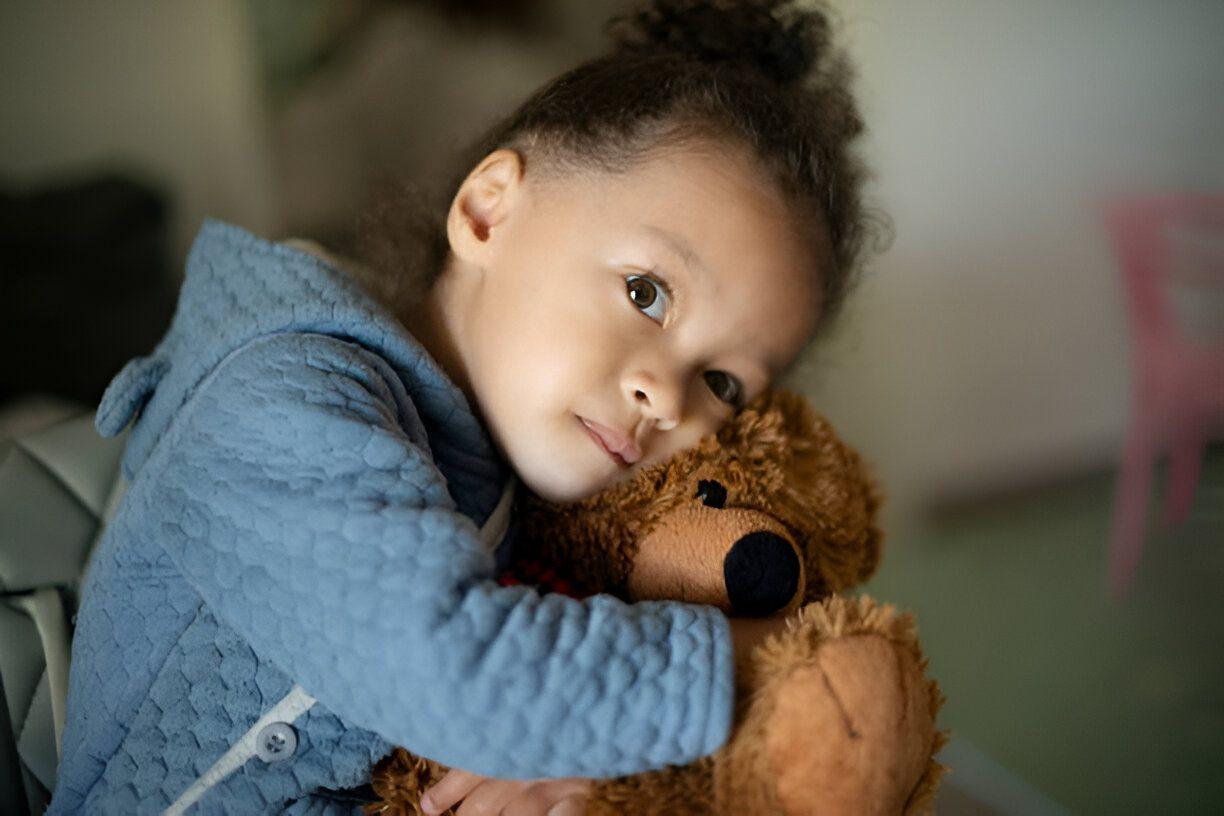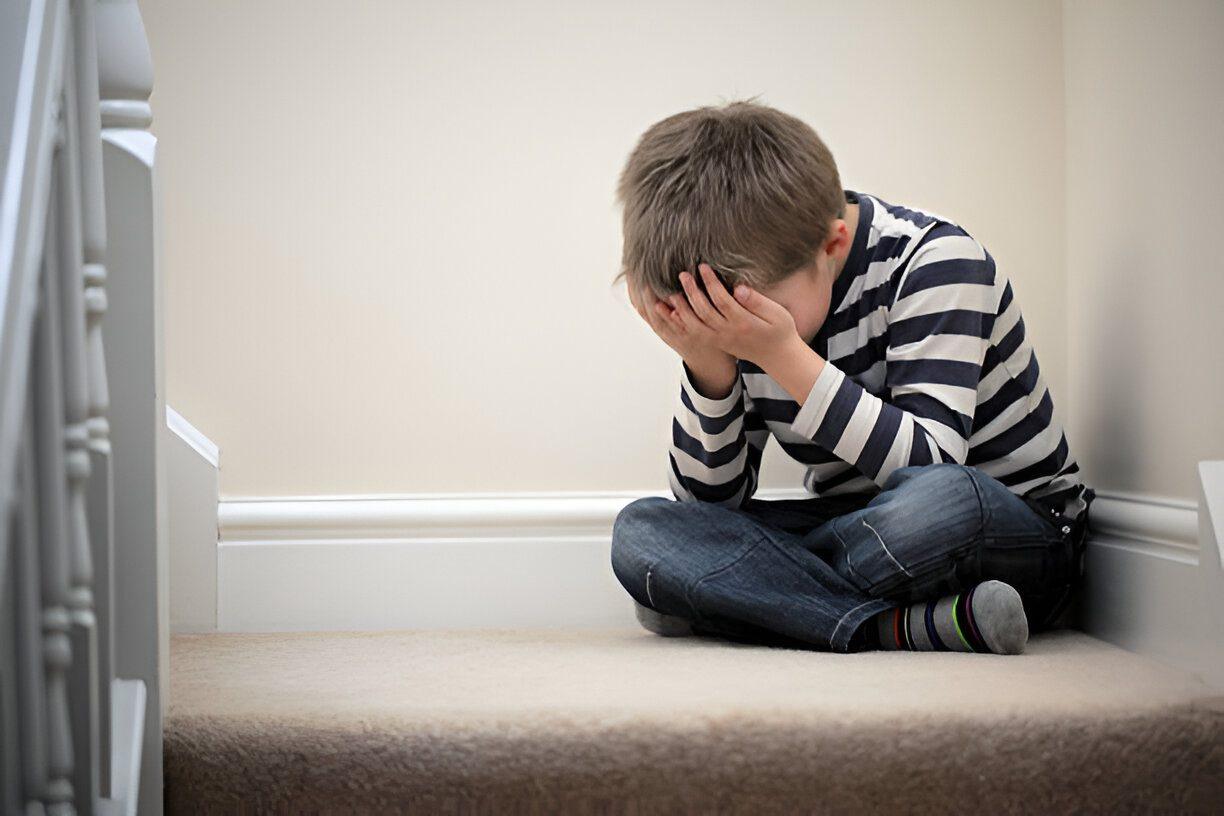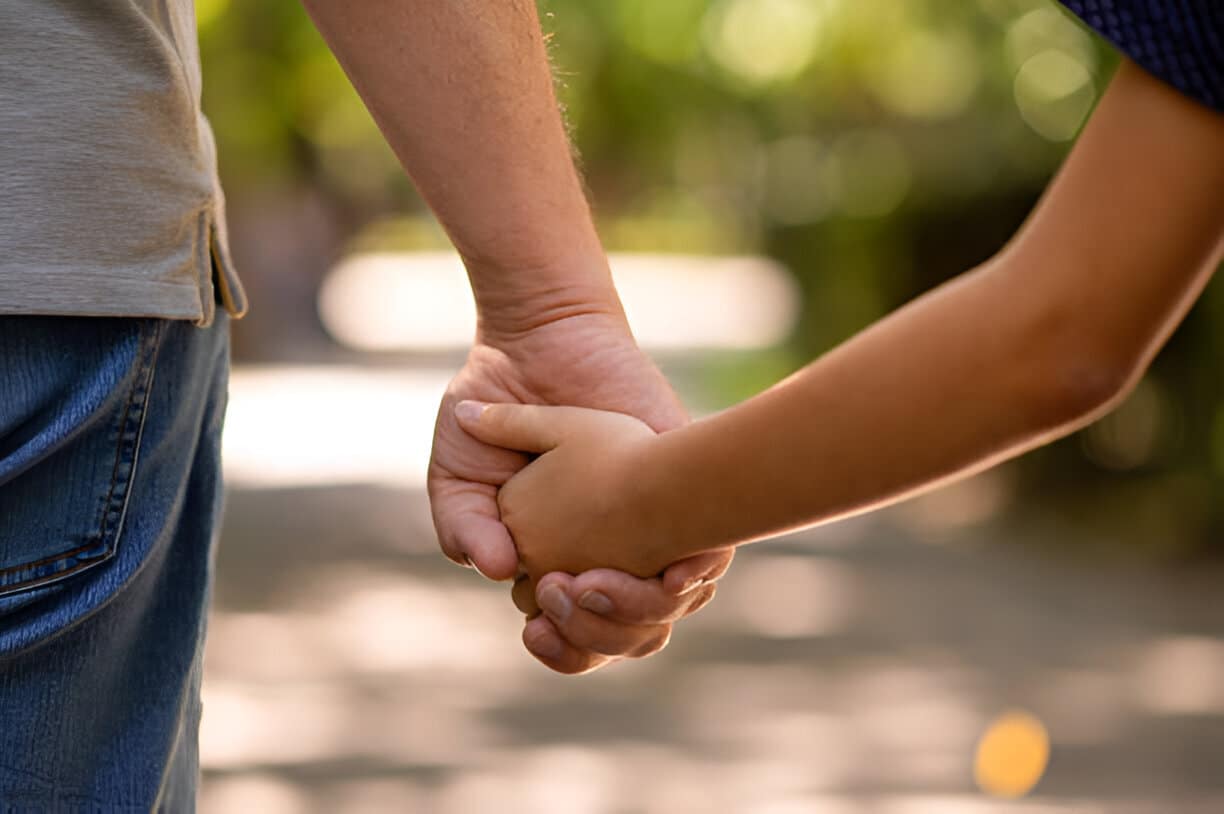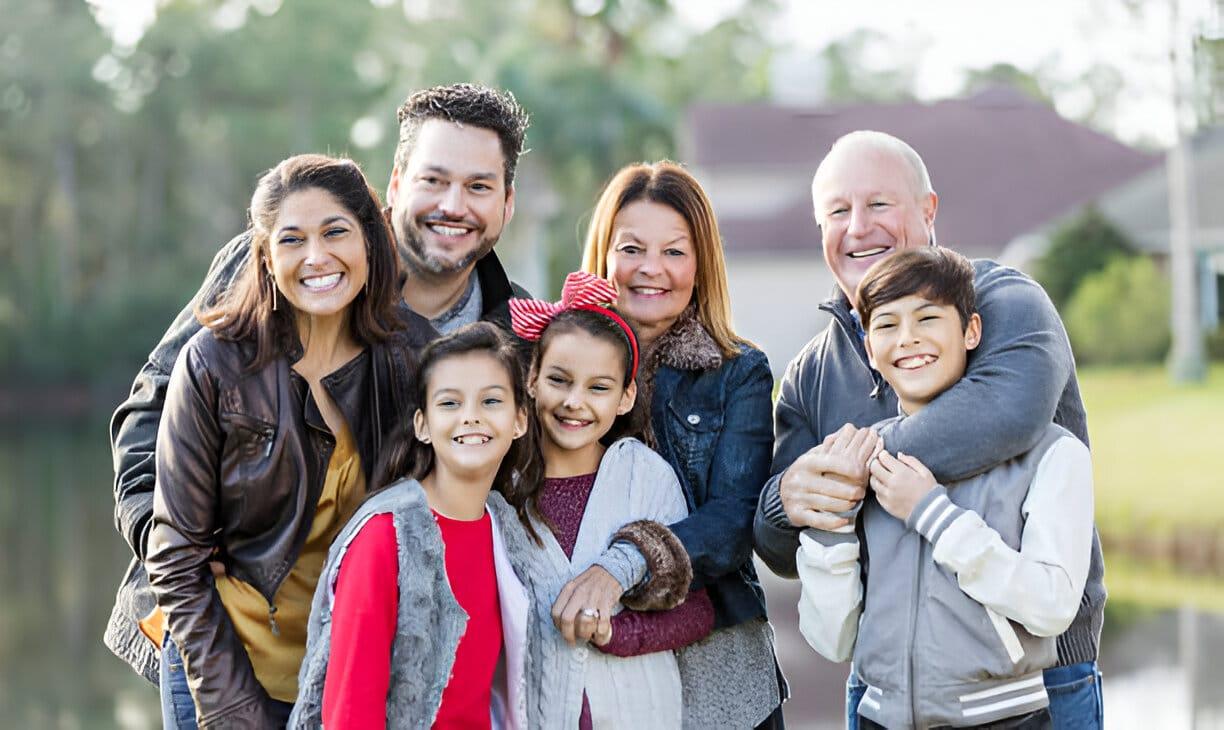A Gentle Beginning
The loss of a grandparent often marks a child’s first encounter with grief—a tender, formative experience that shapes their understanding of love and life’s impermanence. Helping them navigate this profound moment requires patience, honesty, and an open heart.
Losing a grandparent is often a child’s first encounter with loss. It’s a profound moment that shapes their understanding of love, life, and the inevitability of death. Supporting a child through this grief requires patience, honesty, and compassion. This guide provides practical strategies to help children navigate their emotions while honoring the cherished memories of their grandparent.
“When my son lost his grandma, he started drawing pictures of them fishing together. It was his way of remembering and processing the loss. I learned that supporting him wasn’t about fixing his grief, but letting him express it in his own way.”
Understanding the Impact of Grief on Children

Children process grief differently than adults, and their journey often reflects their developmental understanding of the world. Losing a grandparent is not just a moment of sadness—it’s a transition, an early lesson in life’s joys and sorrows. This guide offers compassionate advice for parents and guardians supporting a grieving child while preserving the memories that make their bond with a grandparent so special.
Understanding Grief in Children
Children process grief differently than adults, and their understanding of death evolves with their developmental stage:
- Toddlers and Preschoolers: At this age, children may not understand the permanence of death. They might repeatedly ask, “When is Grandma coming back?” or show confusion by searching for them during family events.
- School-Aged Children: They begin to grasp that death is final but might hold misconceptions, like believing it’s reversible. They may express their grief through sadness, anger, or withdrawal.
- Adolescents: Teenagers often have an adult-like understanding of death but may struggle to articulate their emotions. Some might feel pressured to appear strong for their family.

Communicating the Loss
When explaining the death of a grandparent, honesty and clarity are key.
- Be Honest and Age-Appropriate Use simple, direct language. For younger children, say, “Grandpa’s body stopped working, and he can’t come back.” Avoid euphemisms like “passed away,” which can confuse younger kids.
- Leverage Stories and Books Children’s books about grief can gently introduce the concept of death. Stories like The Invisible String by Patrice Karst or When Dinosaurs Die by Laurie Krasny Brown help explain loss in relatable ways.
- Encourage Questions Children often ask the same questions repeatedly as they try to understand what’s happened. Answer with patience and consistency, validating their curiosity as part of their processing.
Things To Try This Week!
- Create a Memory Box: Work together with your child to gather photos, mementos, or small items that remind them of their grandparent.
- Read a Book Together: Choose a grief-focused children’s book and discuss their thoughts and feelings after reading.
- Establish a Routine: Plan a comforting daily ritual, like lighting a candle or saying a short prayer, to honor the grandparent’s memory.
Conclusion
Helping a child cope with the loss of a grandparent is a journey of patience, empathy, and love. Each child grieves in their own way, and there’s no single “right” approach. Your role isn’t to take away their pain but to guide them through it, offering a safe space to express their emotions while preserving the cherished memories of their grandparent.
Grief is a natural part of life, and by walking alongside them, you’re teaching them resilience, empathy, and the ability to hold love and loss together. Together, you can honor the legacy of their grandparent while building the strength to move forward.
Grandparents’ love is a gift that never fades.
As you reflect on ways to help your child cope, consider ways to celebrate and preserve the cherished memories of their grandparent. Honoring their legacy ensures their presence remains a comforting light for future generations.
Finding Comfort, One Heartfelt Step at a Time
No matter where life takes you, caring for your emotional well-being should always have a place in your daily routine. Our All Things Cherish collection offers soothing keepsakes, reflective prompts, and heartfelt resources crafted to nurture hope in every season. Let us walk beside you on the path to renewed strength and lasting peace—click here to explore and embrace all that cherishing yourself can bring.
Cherish Grandparents: Honoring Their Legacy with Love
Grandparents leave an irreplaceable mark on our lives. Celebrate their legacy with our “Cherish Grandparents” collection, featuring thoughtful keepsakes and ways to preserve their memory for generations to come.
More Reflections, More Growth
Loss is complex, and the road to healing is different for everyone. These reflections offer insight, support, and guidance as you navigate this journey.
Sibling Bonds: Coping with Loss Together
Grieving a sibling is deeply personal. This guide offers compassionate strategies to navigate grief, honor their memory, and strengthen your bond through shared healing.
When a Sibling Passes: Healing the Void
Losing a sibling leaves a profound void, but healing comes through honoring their memory and embracing connection. This guide explores ways to navigate grief and find peace.
The Unspoken Heartache: Understanding the Quiet Grief of Miscarriage
Miscarriage is a silent grief that touches one in four pregnancies, yet it remains unspoken for many. Explore the layers of loss, the cultural silence, and ways to support healing through acknowledgment and empathy.
When Parenthood Dreams Stall: Navigating Infertility with Compassion
Infertility is a deeply personal journey that affects physical, emotional, and relational well-being. Discover how compassion—both self-directed and from others—can transform this experience into one of resilience and connection.
When Hope Falls Silent: Finding Support After Pregnancy Loss
Pregnancy loss is a deeply personal experience, often shrouded in silence. Learn how to find support—from medical care to community connections—and navigate the complex grief with compassion and hope.
Where Grief Finds No Words: Honoring Unspoken Losses
Unspoken losses—miscarriage, estrangement, unrealized dreams—often remain hidden, leaving those affected isolated in their grief. Learn how to honor these silent struggles, validate their impact, and embrace healing.
Grieving Financial Loss and Finding Stability: Rebuilding Hope and Confidence
Financial loss affects more than your finances—it shakes your sense of identity and security. This guide explores how to process the grief, take practical recovery steps, and find emotional resilience during challenging times.
The Emotional Toll of Separation
Separation is more than a life change—it’s an emotional journey filled with grief, self-discovery, and transformation. Learn strategies to navigate this difficult transition and build a hopeful new chapter.
Finding Your Next Chapter: Rediscovering Yourself After a Life Change
Life changes can redefine who you are, challenging your sense of identity and direction. Discover how to navigate transitions, embrace growth, and rediscover your true self with intention and resilience.
Explore Journeys of Healing and Solace:
Discover dedicated spaces that offer understanding, guidance, and connection through grief. From the loss of loved ones to life’s challenging transitions, each category provides a pathway to reflect, connect, and find peace in shared experiences.


























